Why?
To be a better photographer, you need to understand your camera. If you want to be a better educator, manager, parent or student, you need to understand how the brain works. Our team of passionate neuroscientists and educators has worked with a variety of organizations and institutions to enhance their work and learning culture, by making core neuroscience and psychology principles applicable, accessible, relevant and entertaining.
How?
We provide innovative and empowering programming in the form of interactive workshops and seminars, rooted in the foundations of neuroscience and psychology research. By working within the infrastructure of your organization and addressing its unique challenges, we help you develop your own brain-based “best practices” so that your organization or community can live up to its greatest potential.
Meet Our Team
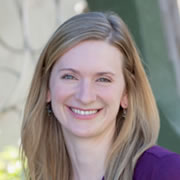
Anne-Marie Cziko, Ph.D.
Anne-Marie has a Ph.D in Neuroplasticity and a breadth of experience in applying neuroscience and psychology findings to education, business and family life. Anne-Marie’s lifetime goal is to improve the brain-user experience for all by empowering leaders, educators and parents with knowledge about this remarkable organ.

Kelly Kent, Ph.D.
Kelly has a Ph.D. in Neurorecovery and is the co-founder of adaptED. She also has extensive experience as an undergraduate and graduate neuroscience and psychology instructor. Kelly was elected to the Culver City Board of Education in November of 2015 where she aligns brain-awareness, community resilience and stakeholder engagement with the district’s vision.

Sara Wasserman, M.A., Ph.D.
Sara holds a Ph.D. in Neuroscience from Brandeis, a Master’s Degree in Education from Pepperdine and dual undergraduate degrees in Theater Studies and Neuroscience from Wellesley. She is currently a postdoctoral fellow for the Howard Hughes Medical Institute at UCLA and is interested in understanding how the brain “pays attention” to certain things and guides decision-making.
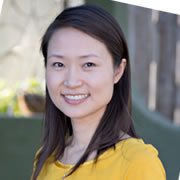
Xiao-Fei Yang, Ph.D.
Xiao-Fei Yang, Ph.D. is a social affective neuroscientist who is interested in understanding the neurobiological basis of social emotions, such as admiration and compassion. She is currently a postdoctoral research associate at USC, studying the development of social emotions in bicultural adolescents. Fei believes that a better understanding of the neuroscience and psychology of social emotions has great implications for the classroom, workplace and family culture.

Meghen Miles Tuttle, Ph.D.
Meghen is a classical musician, cognitive neuroscientist, and high school science teacher. Her doctoral studies at USC’s Brain and Creativity Institute focused on the broad field of music neuroscience and provided compelling evidence for arts education in the traditional educational model. As an educator, Meghen is committed to making science fun, approachable, and relevant.
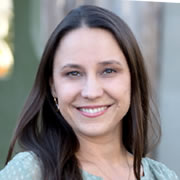
Anna Grygoruk, Ph.D.
Anna is a molecular neuroscientist with a Ph.D. from UCLA. She is currently adjunct Faculty at Rio Hondo College and Adjunct Faculty at Long Beach City College. Anna has always believed that the learning mindset that we hold has tremendous potential to influence one’s future, both academically and personally. She is excited about sharing her knowledge about the brain in particular in the context of the classroom environment.
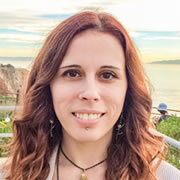
Chiara Mazzasette, Ph.D.
Chiara is a neuroscientist with a molecular biology background and a passion for teaching science. She is currently a postdoctoral research associate at USC, studying neuronal degeneration in Spinal Muscular Atrophy, a genetic disease that affects children. In her spare time, Chiara is involved in several programs that spark the love for science in new generations and make knowledge accessible and fun.
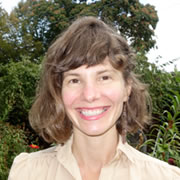
Piper Paulish, M.A.T.
Piper Paulish has a master in teaching and 14 years of elementary classroom experience. She shares her methods with other educators by leading workshops that teach yoga-based socio-emotional and confidence building activities for use in the classroom. Her embedded classroom routines revolve around slowing down and minimizing personal stress levels so that students may effectively bear their daily academic and social demands.